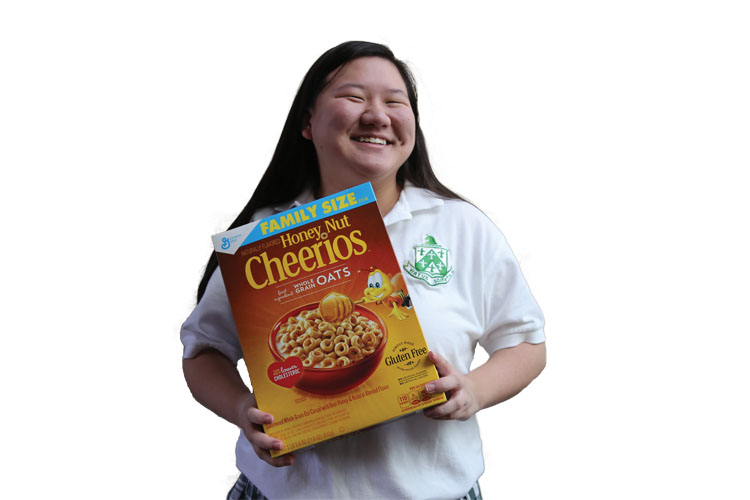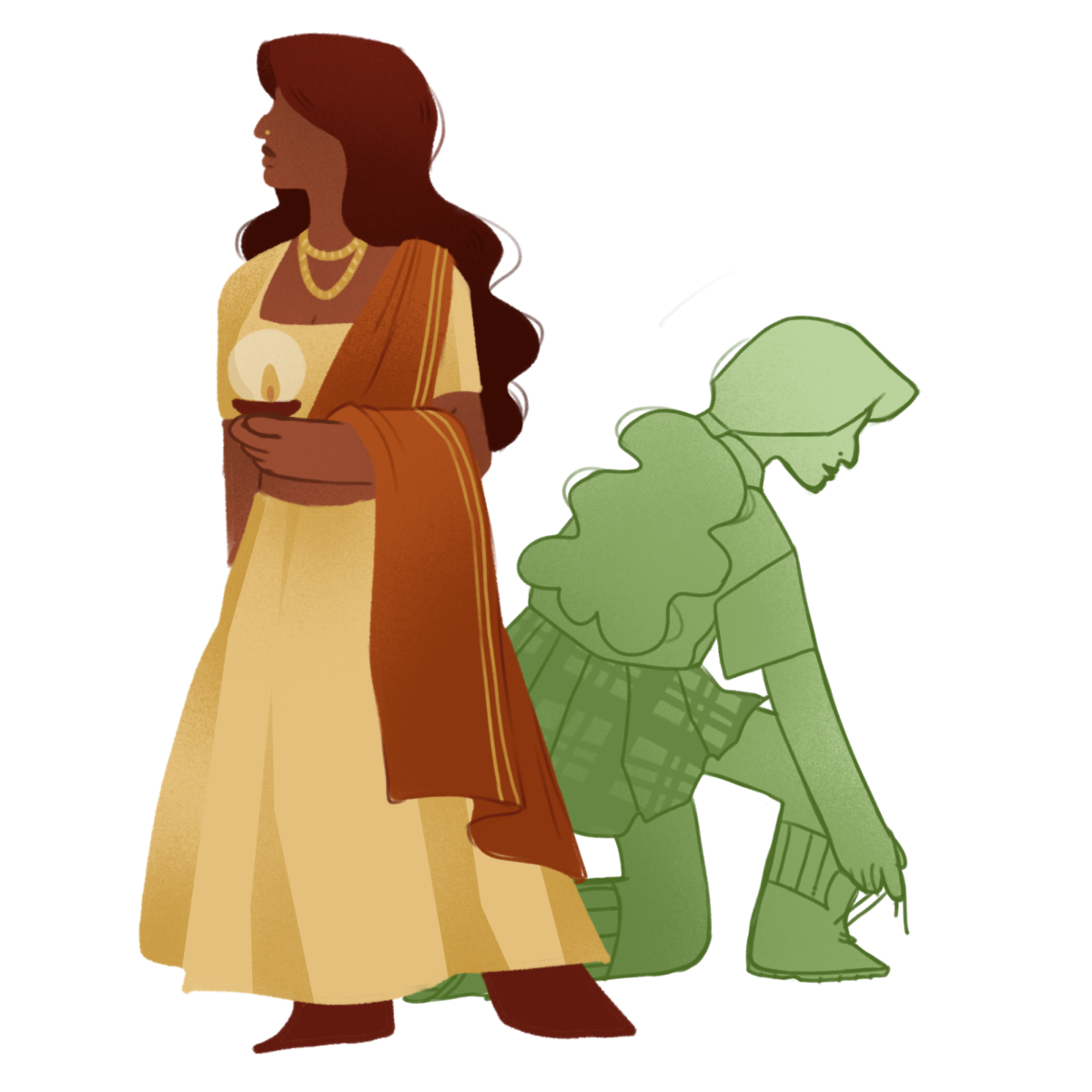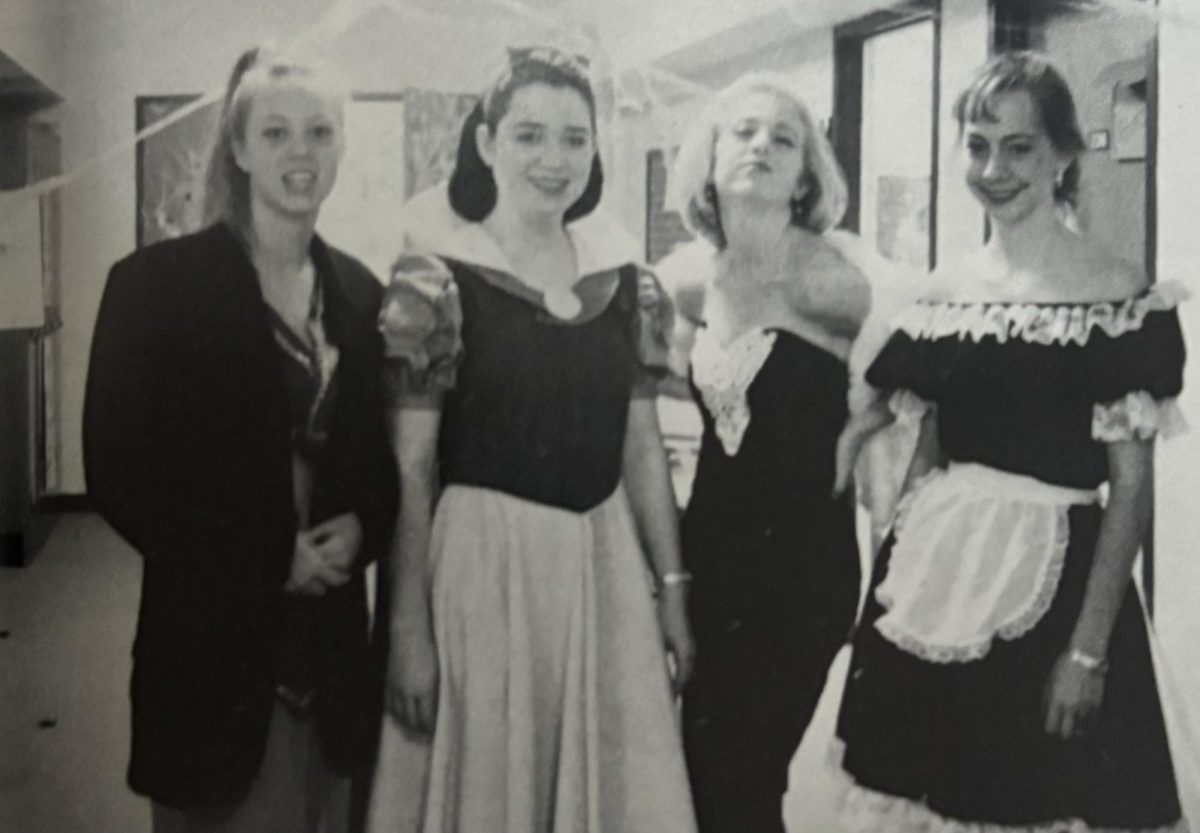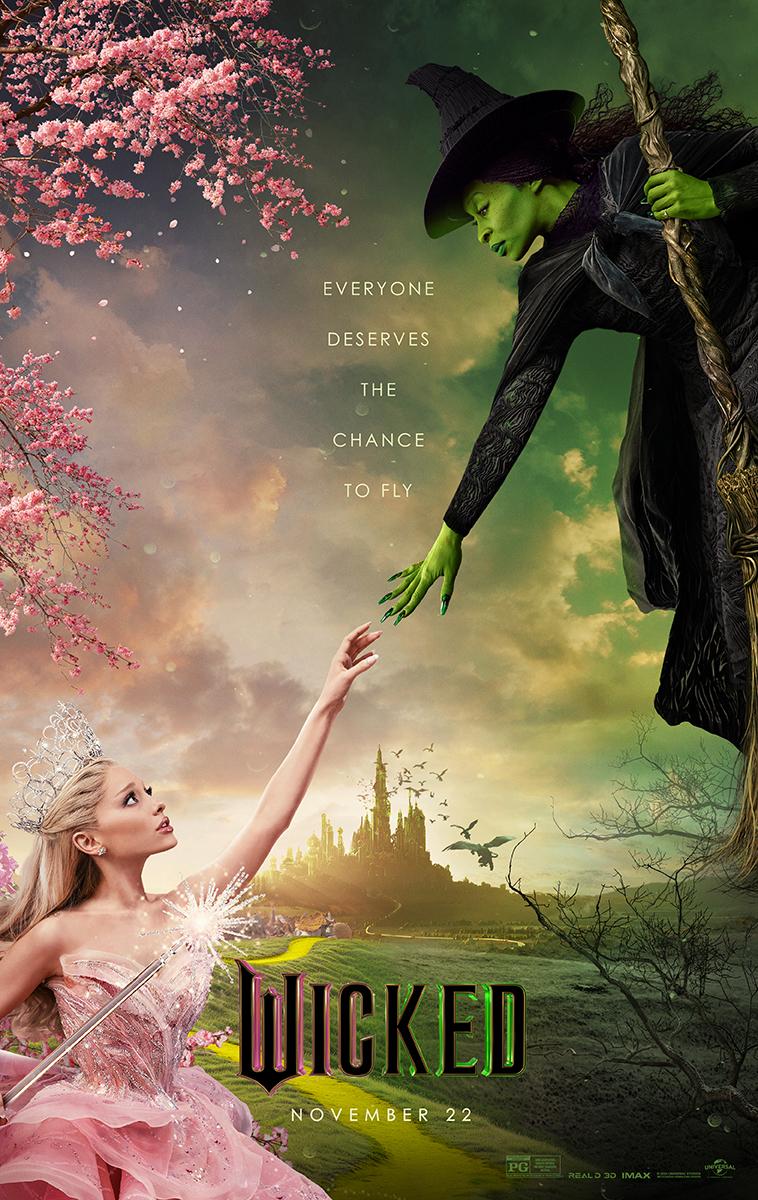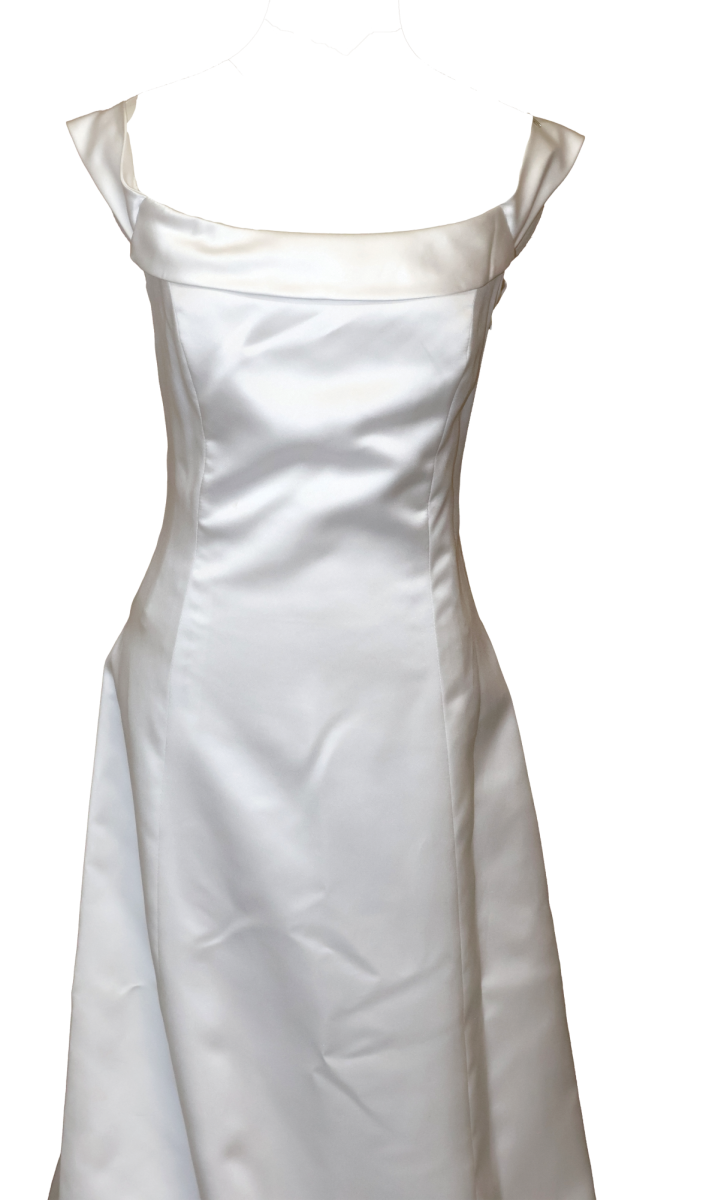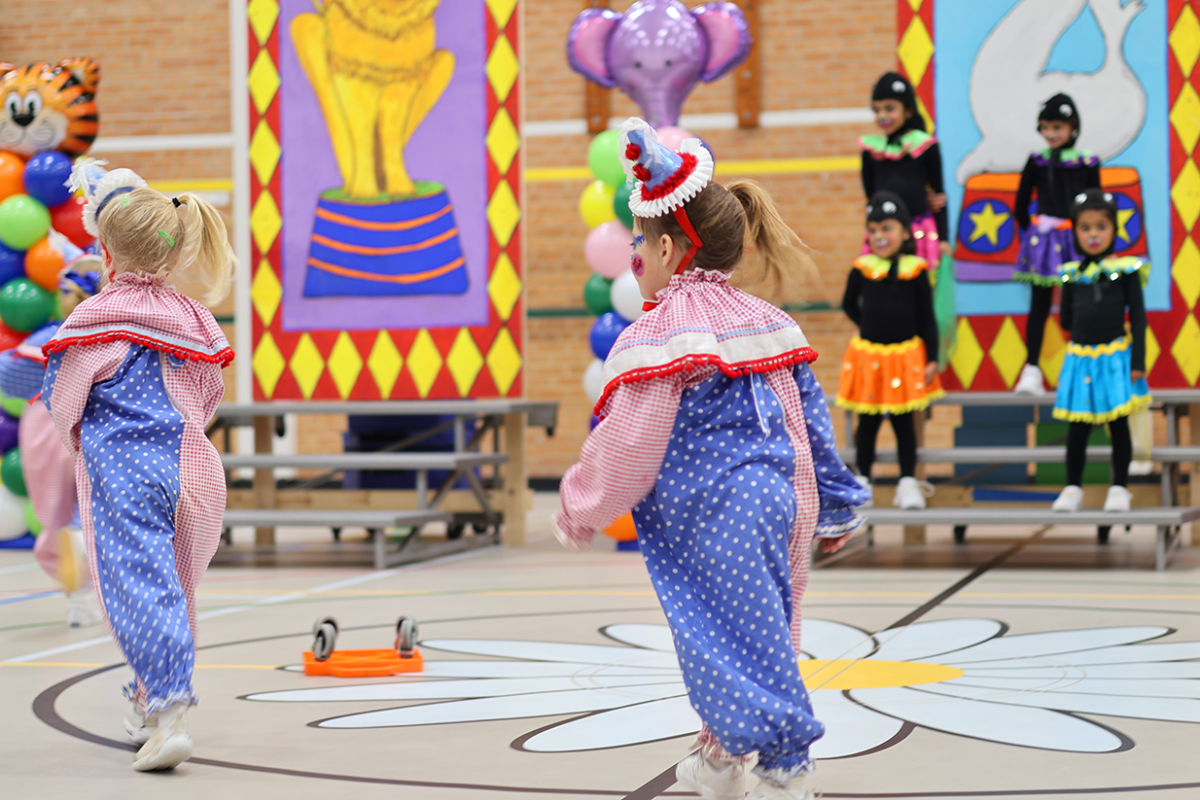On Brand: Amanda Kim
Picture this: you’re walking down the cereal aisle at Tom Thumb, minding your own business, contemplating what delicious food you should buy for breakfast. You reach to pick up a box of Cheerios until you realize that what you’re about to grab is not what you’re looking for at all. The box reads “Honey Nut Scooters”.
First of all, what? What is a honey nut scooter? They’re straight up knockoffs of one of America’s most beloved cereals—that’s what they are. My heart goes out to the millions of unfortunate grocery shoppers who had to tearfully explain to their families that they accidentally bought a box of “Honey Nut Scooters” instead of the real deal.
Secondly, why? Why would you make such a blatant rip-off of such a beloved brand? Anyone who looks at a box of “Honey Nut Scooters” for more than two seconds is going to know that it’s just Cheerios’ sadder, less popular cousin. I don’t know how delusional companies have to be to try to copy something so well-known to the public.
And it’s not just Cheerios that are getting this unfair treatment— this knock-o epidemic is plaguing the world and all its favorite brands. It’s appalling.
What really grinds my gears, though, is the fact that these off-brand products often don’t even try to cover up the fact that they’re copying another company. They’re piggy-back riding on another brand’s hard-earned reputation. I can only imagine the frustration that the original brand’s creator must feel when they see these abominations in stores. Although I know the point of a knock-off is to make it look like the original, these copycats could at least make the packaging look a tiny bit different, or simply change the font of the logo. Can companies at least put in an ounce of effort? Your dignity is at stake here, guys.
At Hockaday, we live by an honor code, and we understand that plagiarism is wrong. Off-brand products refuse to abide by these laws of human decency. At the end of the day, do you want to be Melania or Michelle? You want to be a Michelle. Don’t settle for a copycat. You deserve those Cheerios.
Off Brand: Jenny Zhu
Let’s face it, I’m cheap. Before I ever hit the checkout button online, I comb the internet with genius search terms like “2016 Topshop Coupons.” I thrive o of scouring shops corner-to-corner, searching for that extra-sweet deal.
But there’s an issue here—although I might be cheap, I like to feel expensive. Premium materials and items evoke a feeling like no other, one of rst-class elegance and casual extravagance. Oftentimes, these expensive items are well, expensive, at least while peddled under a name brand. Yet o -brand companies have similar premium items, simply sold without the brand name or expensive price tag.
Why spend more money for products that are ultimately equivalent in quality? This is capitalism at its fundamental core. If two products are the same and one is cheaper, I, the consumer, will purchase the cheaper product. Hard luck.
Indeed, a stigma exists around buying off-brand. But in a society in which college tuitions are only on the rise, will I sacrifice what others might think about me for my wallet? Sure. I’ll take my cake and eat it too, and buy off-brand.
Take my water bottle, for instance. In May 2015, I decided to get a S’well water bottle and found one I liked at an exorbitant $40. But I also found on Amazon a $20 water bottle nearly identical to the S’well.
I checked the item’s description for any major discrepancies from the original. There weren’t any. I was sold—I bought the generic product and spent the other $20 on a Mother’s Day present. The lookalike S’well had the original’s features, including its vacuum insulation and premium metal material. Many believe you have to sacri ce quality for a cheaper or off-brand item. Take it from me: you don’t.
Don’t get me wrong: I don’t advocate for buying o -brand if it violates intellectual property laws, or if the off -brand product doesn’t have the same quality as the on-brand one. But if two similar products are legally competing, I buy the off-brand one. Success of the generic item forces the on-brand item to differentiate itself and become a better product. For me, I’m just doing my part in the grand scheme of the U.S. economy.
Amanda Kim – Managing Editor – Jenny Zhu – Editor-in-Chief

